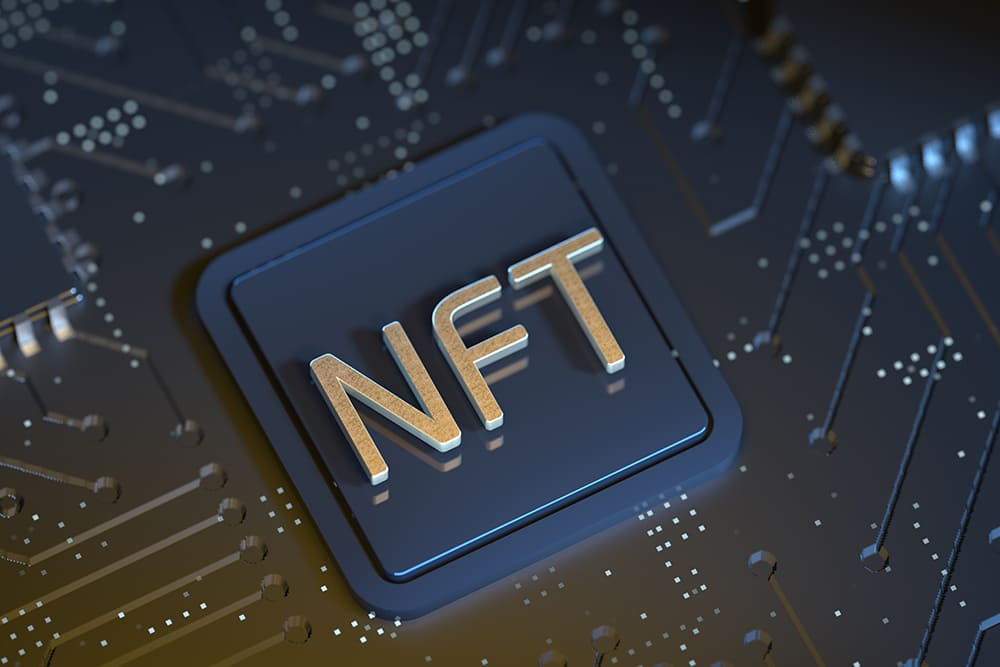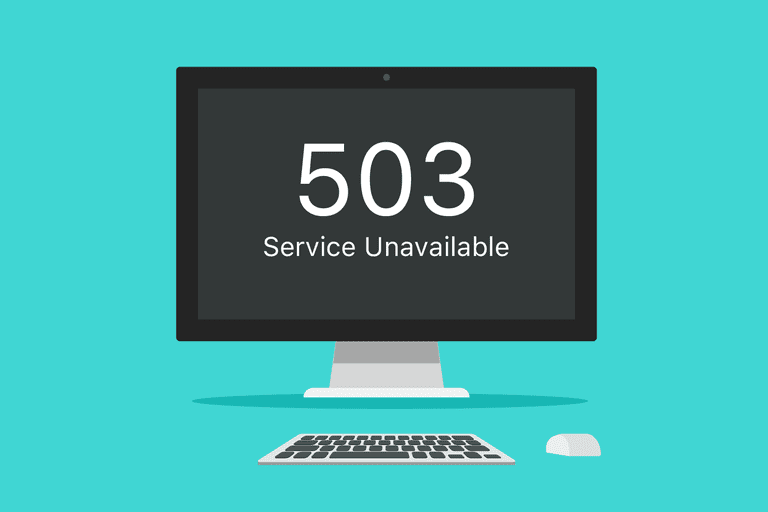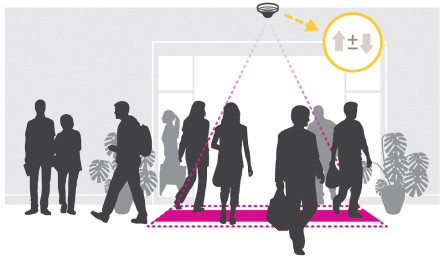Non-fungible tokens (NFTs) are unique and indivisible digital assets that are verified and secured by blockchain technology. It was between 2021 and mid-2022 that NFTs gained a lot of popularity, as they allow artists, celebrities, collectors, and investors to showcase their creativity, have digital ownership, and generate value. However, some NFTs are more than just attractive or rare; they also give their owners useful features and functions. These are known as utility NFTs, and they are the front line of the NFT trend. To create and deploy such NFTs, one needs a reliable and robust NFT Development Platform that can handle the complex logic and interactions involved in utility NFTs.
Owners of utility NFTs get value from the benefits, rights, rewards, and experiences that come with the digital assets. These are not the same as traditional NFTs, which have value mostly because of how rare they are and how much people want them. Utility NFTs have value for the buyer when they buy them by allowing them to use specific features or services in a certain ecosystem. For example, a utility NFT could let the owner have special benefits and perks in a blockchain game, a community that only members can join, or even a program that gives rewards for loyalty.

The emergence of utility NFTs raises an important question: Are NFTs with built-in benefits more valuable than those without? This query is significant for both NFT creators and consumers, influencing the way they conceive, promote, and assess their digital properties. In this blog, we will explore the concept of utility NFTs, the different types and examples of utility NFTs, the advantages and challenges of utility NFTs, and the prospects of utility NFTs in the Web3 era.
Contents
The Rise of Utility-driven NFTs
One of the main reasons for the emergence of utility-driven NFTs is the need to respond to the negative views on NFTs as only speculative assets. Critics claim that NFTs have no inherent value or use other than for trading purposes and that they are overrated and doomed to fail. To challenge these views, NFT creators and platforms are adding utility and functionality to their products, aiming to prove that they are more than just digital collectibles, but also valuable assets. By adding features that improve user experiences and create lasting value, the industry hopes to overcome the perception that NFTs are only a temporary trend or a financial bubble. However, creating such utility NFTs is not an easy task, as it requires a lot of technical expertise and innovation. That is why many NFT enthusiasts and businesses rely on a professional NFT Token Development Company that can provide them with customized solutions and support for their NFT projects.
At the same time, the need to offer tangible value and real-world applications to NFT holders is another factor behind the shift to utility-driven NFTs. Enthusiasts are looking for ways to use their NFTs beyond digital showcases, encouraging creators to provide exclusive content, services, or access to platforms, thus increasing the utility and practical applications of NFTs. By going beyond the virtual world, utility-driven NFTs aim to appeal to a wider audience, promoting increased adoption and creating diverse use cases, positioning NFTs as versatile assets with real-world consequences.
Some examples of successful utility-driven NFT projects across various industries are:
–Gaming: Axie Infinity is a game where players can collect, breed, and battle NFT creatures called Axies, and earn tokens and land plots in the game’s metaverse. Axies are utility-driven NFTs that can be used for gameplay, breeding, or renting, and can also be sold or bought on the marketplace.
–Music: Audius is a decentralized music streaming platform where artists can post, share, and profit from their music and fans can explore, stream, and collect their favorite tracks. Tracks are utility-driven NFTs that can allow access to exclusive content, such as remixes, stems, or behind-the-scenes, and can also be traded on the marketplace.
–Sports: NBA Top Shot is a platform where fans can acquire, display, and exchange NFTs of the best moments in NBA history. Moments are utility-driven NFTs that can allow access to exclusive events, such as meet-and-greets, games, or merchandise, and can also be swapped on the marketplace.
–Social media: BitClout is a social network where users can generate, buy, and sell NFTs of their own or other people’s social profiles, and earn tokens for their engagement. Profiles are utility-driven NFTs that can show the popularity, influence, or potential of the person behind them, and can also be exchanged on the marketplace.
Types of Utility in NFTs
Depending on the nature and purpose of the project or platform, utility-driven NFTs can provide different types of utility to their holders. In this section, we will categorize and explain four main types of utility that NFTs offer:
-If you have the right NFT, you can get into special events, join private groups, or help make decisions in online clubs called DAOs. Think of it like a special pass for a virtual concert, a secret club’s chat room, or a vote in a club’s decisions. It’s a way to make people feel part of a group and helps the people who make these platforms and events.
-NFTs are like power-ups that enhance your time spent in games, digital finance, and reward programs. They can be anything from a magical sword in a game to a token that gets you a discount. They’re fun and can be profitable, but with the guidance of Non-Fungible Token Development Services, navigating the complexities and unpredictabilities becomes more manageable, ensuring you’re always in the know about the dos and don’ts. These services play a crucial role in crafting these digital assets to deliver a seamless and enjoyable experience.
-Some NFTs let lots of people own a small part of something big, like art or buildings. It’s like splitting a cake so more people can have a piece. This makes it easier for more people to invest in expensive stuff. But it can be hard to make sure everything is fair and safe.
-NFTs aren’t just for owning things; they let you build who you are in the digital world. Think of having a special character that’s yours to use all over the internet, making you feel at home. Certain NFTs can give you special access in the online universe. But, it’s really important to make sure that everyone can be a part of it and that their private info stays safe.
Comparing Utility-driven vs. “Pure” Collectible NFTs
The NFT market is growing quickly and buyers are after NFTs that are both practical and attractive. Some NFTs have real benefits, while others are loved for their art and what they stand for. Some NFTs combine these qualities, offering special perks and artistic value. This trend shows that people want to experience and be involved in the digital world. But it’s tough to find and buy these NFTs because they’re not all in one place. So, a lot of NFT buyers and sellers choose to use a trusted company that can make an NFT site for them. On this site, they can show, sell, and look for different kinds of NFTs that are both useful and have style.
Both the NFTs that look good and are useful come with their own set of issues. The ones that look good might not be real or could lose value if the market goes up and down. The practical ones depend on the website or group that made them, which might not last, could change, or get old. That’s why NFT buyers have to be clever and keep their eyes open, as the NFT market is always moving and full of surprises. It’s really important to know about the group or person who made the NFT and to ask tough questions to make good choices in this area.
The Future of Utility-driven NFTs
NFTs that are useful have a lot of promise for the future. A big change we’re seeing is more people using them. Think about being able to use your NFT character in different games or to watch special shows online. This could lead to new and creative ways to use NFTs, not just as things to collect.
The use of NFTs goes way beyond games and movies. They’re being looked at in fields like property, managing goods, and even making decisions in communities. Think about owning a piece of a house through an NFT or making sure a product is genuine. This could bring new developments and honesty to different parts of life, including medical care, schools, and government.
However, it’s essential to take careful steps in the world of NFTs. Setting up good rules for who owns an NFT, who created it, and how to protect buyers is key as NFTs become more popular. This will help people trust and support NFTs. It’s all about balancing new ideas with the right number of rules to make sure NFTs have a good future.
Conclusion
More than just their look or significance, utility-driven NFTs are fresh and captivating kinds of digital assets that offer more value. They can unlock access to special services, experiences, rewards, or communities that boost the utility and value of the NFTs themselves. By creating a win-win situation between the NFT creators and holders, utility-driven NFTs can stimulate more involvement, loyalty, and innovation in the NFT space. Therefore, utility-driven NFTs may be more valuable than traditional NFTs, both in terms of market price and social impact.
Are you looking to create NFTs that offer more than just digital ownership? Do you want to leverage the power of utility-driven NFTs to improve your services, experience, or products? Do you want to work with a trusted and experienced NFT development company that can handle your project from start to finish? If you answered yes to any of these questions, then you need Codezeros. Codezeros is a leading NFT development company that specializes in creating utility-driven NFTs for various domains, such as DeFi, art, gaming, music, sports, and more. We have a team of talented and innovative NFT developers who can design and develop NFTs with customized features and functionalities that your needs and preferences. Hire NFT developers from Codezeros now and discover the amazing potential of utility-driven NFTs.




